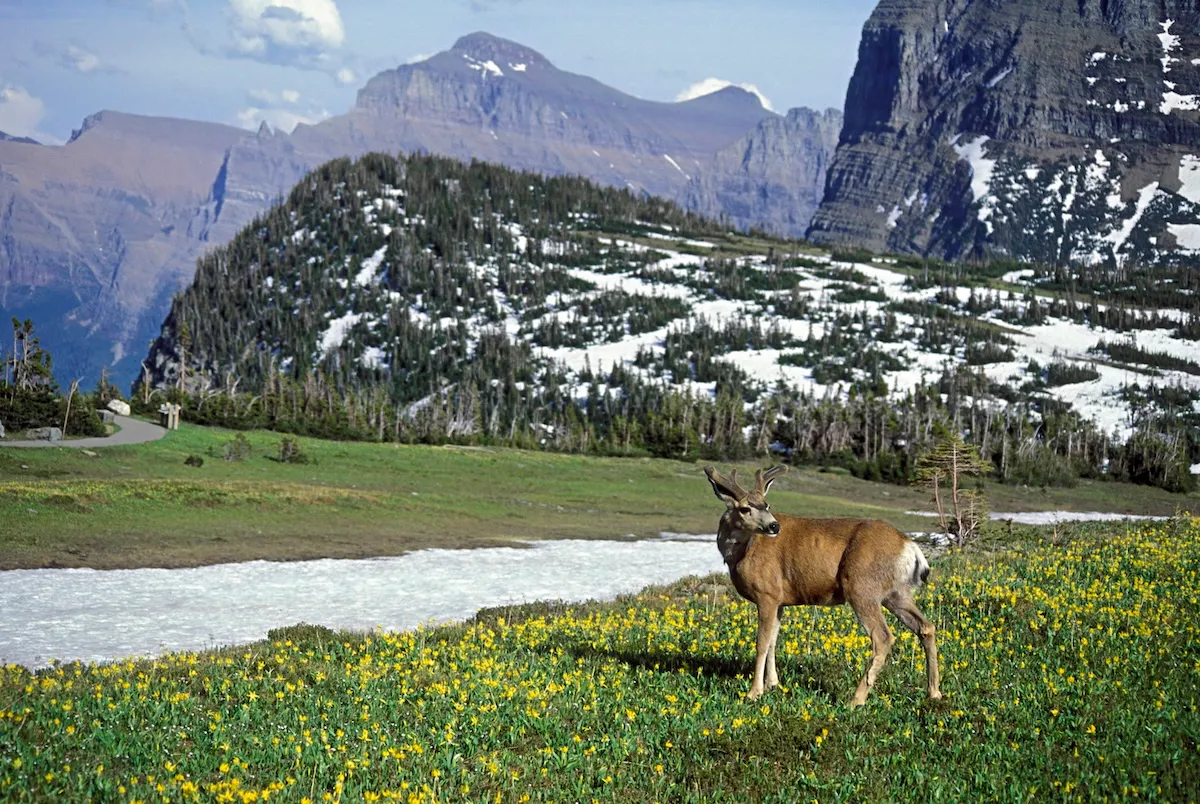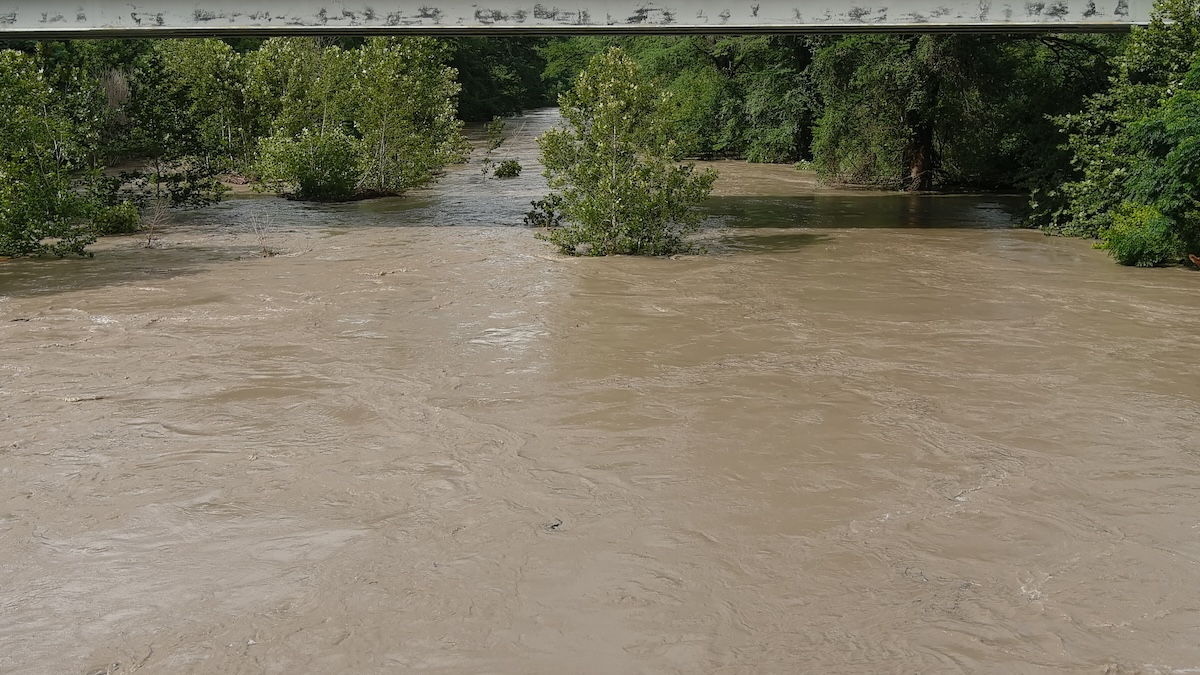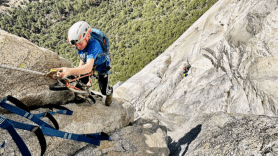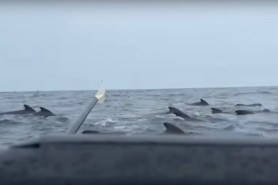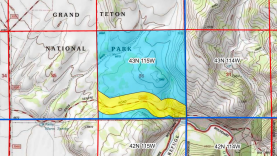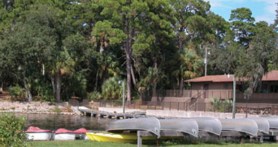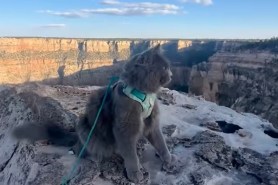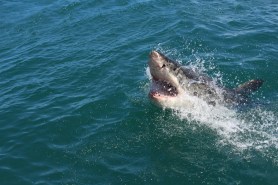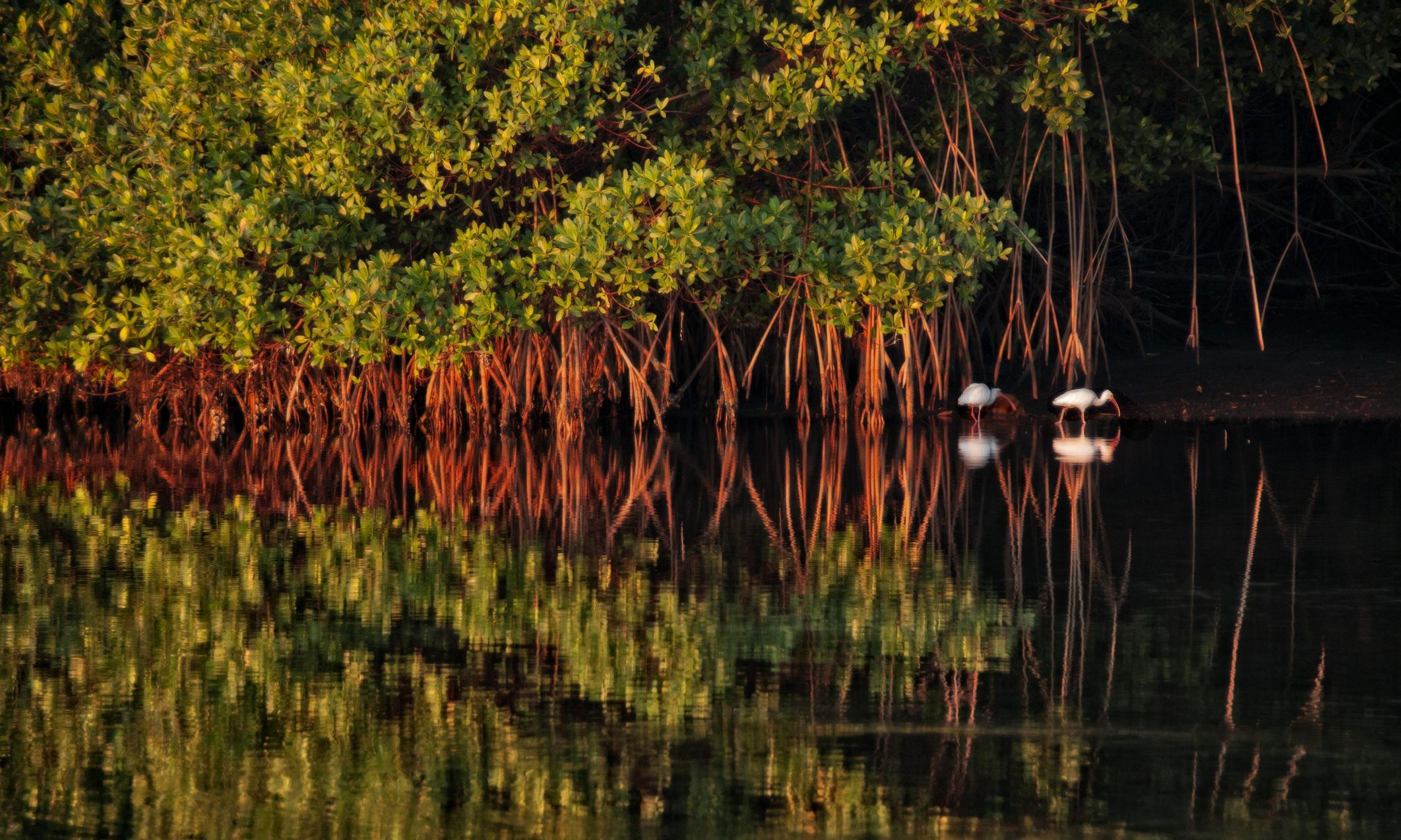

Florida hikers, cyclists and equestrians will soon be able to travel between Florida’s two biggest national parks without ever having to set foot on a road. A new paved pathway, dubbed the Everglades-Biscayne Greenway Trail, will extend 42 miles between South Florida’s iconic Everglades National Park and the watery Biscayne National Park, a paddling epicenter and snorkel’s paradise.
Videos by Outdoors
The new route promises a more pleasant alternative to the busy, 20-mile roadway that currently connects the two Florida parks. On the way, it will pass through the town of Homestead and near the famous Coral Castle Museum.
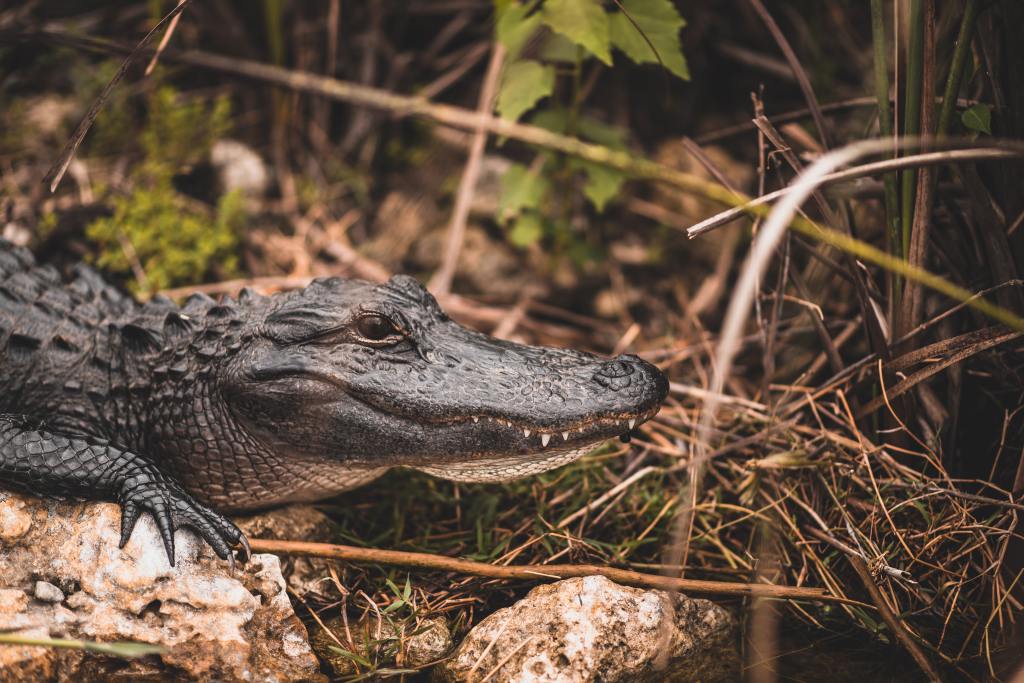
The trail’s westernmost terminus will lie within Everglades National Park, which spans 1.5 million acres of forest and wetlands just an hour’s drive from Miami. It’s the only place in the world where both crocodiles and alligators exist naturally. It’s also a vital refuge for manatees, herons, egrets and a wide range of other species. You can hike through much of the park or explore the Everglades by boat.
Biscayne National Park covers a very different landscape. It contains nearly 173,000 acres of coral reefs, islands and mangrove forest. Most of the park is oceanic, which makes it a bucket-list destination for kayakers, stand-up paddle boarders and snorkelers alike.
The Everglades-Biscayne Greenway is estimated to cost $50 million, all of which will come from grants obtained by the nearby City of Homestead and the Florida Department of transportation.
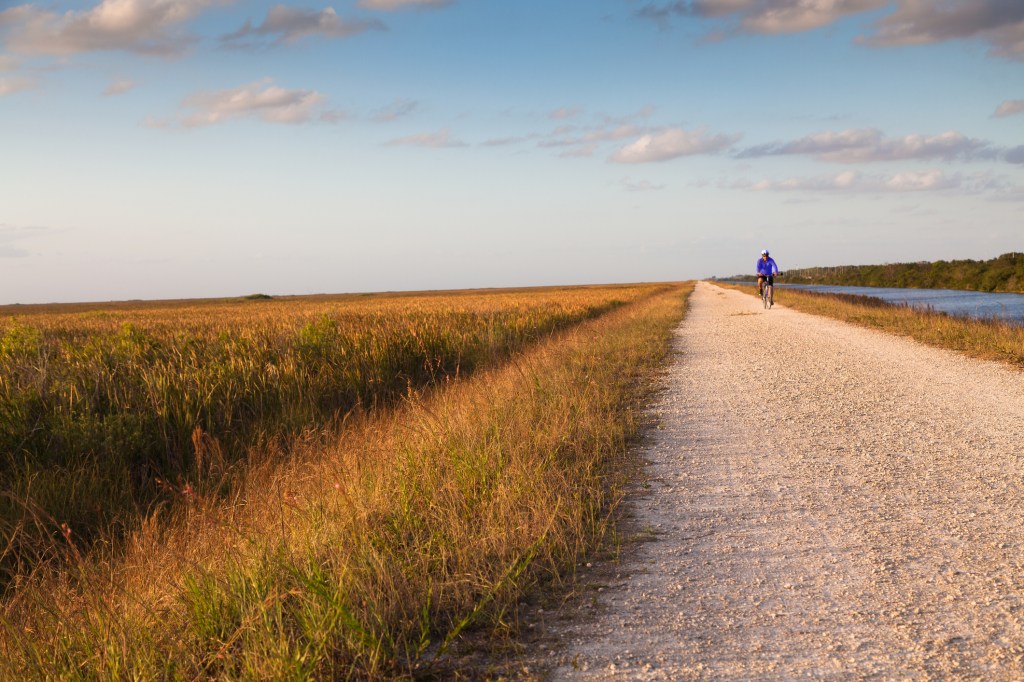
While an official completion date has not yet been announced, the first 6-mile section of the Everglades-Biscayne Greenway Trail has just been completed. It will open on March 11, 2023, with a ribbon-cutting ceremony and a celebratory group bike ride.
The Everglades-Biscayne trail will ultimately be one of many; Miami-Dade County intends to build 500 miles of new greenway within the next few years. It’s all part of a plan to help revitalize the area after historic hurricane damage, and to support the outdoor recreation boom that Miami-Dade experienced during the COVID-19 pandemic.
-
Helaine Rasco
